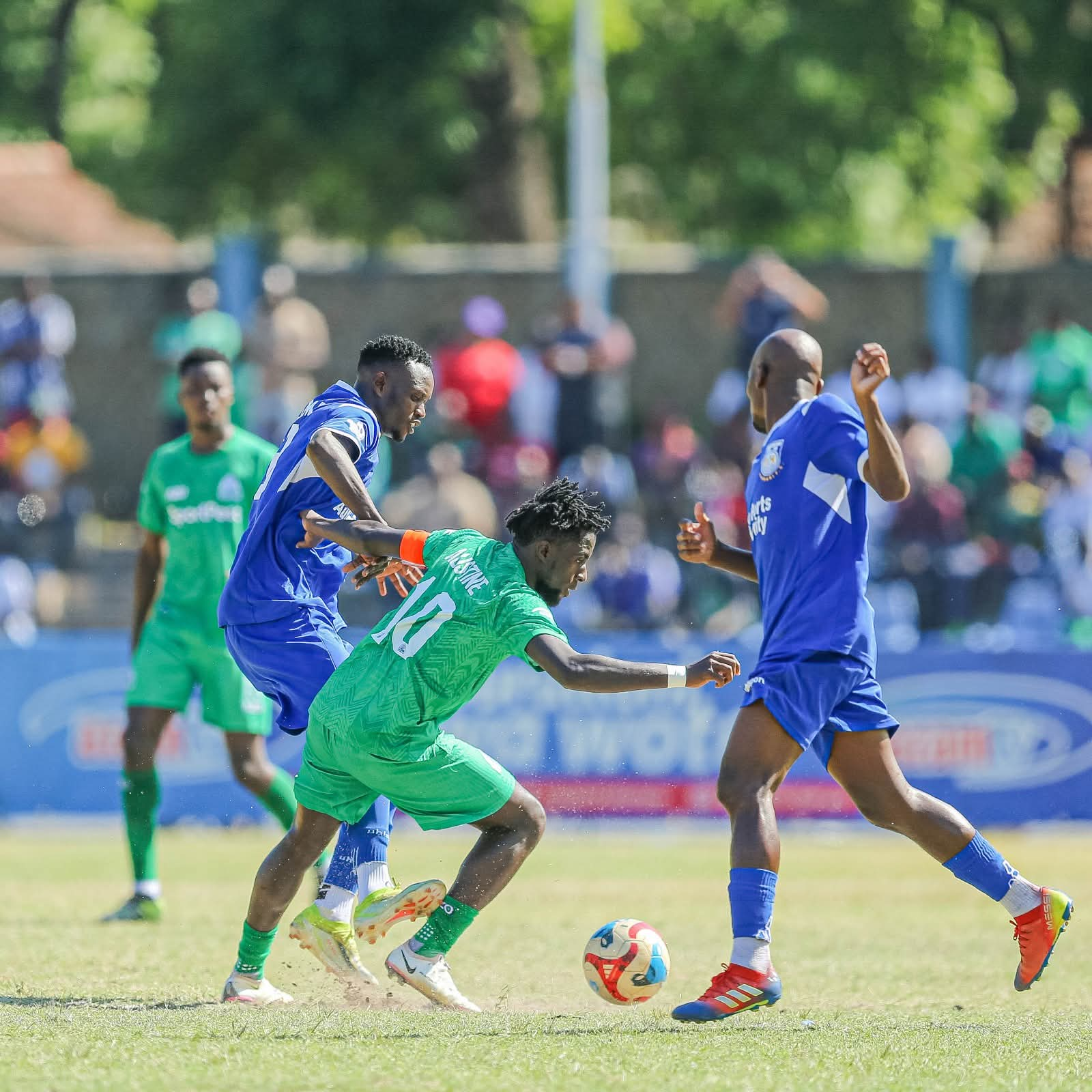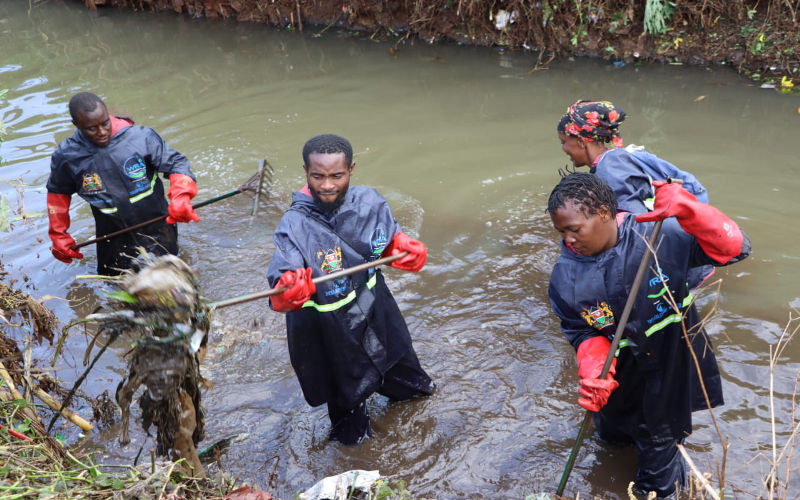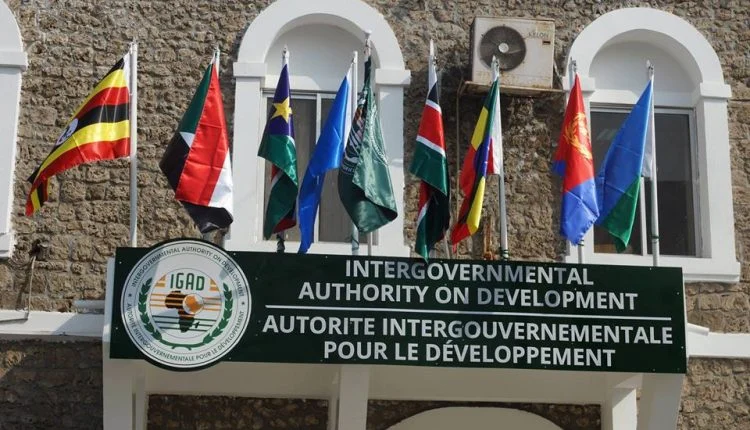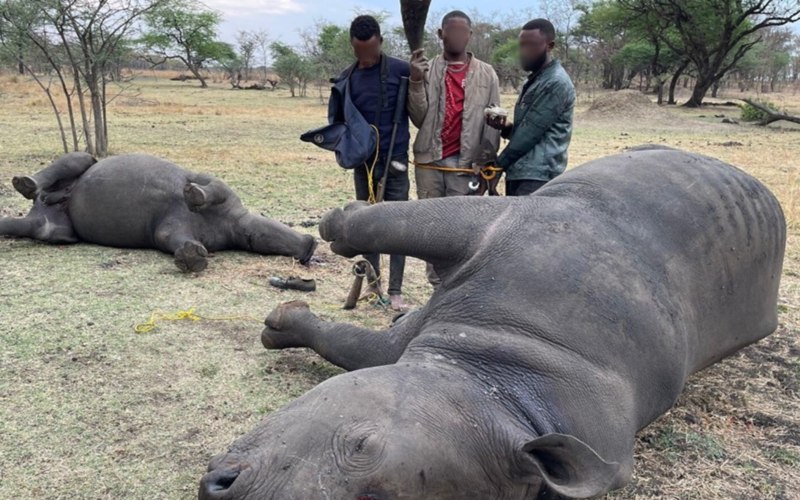Sickle cell disease warriors on a mission to end stigma linked to disease at the Coast
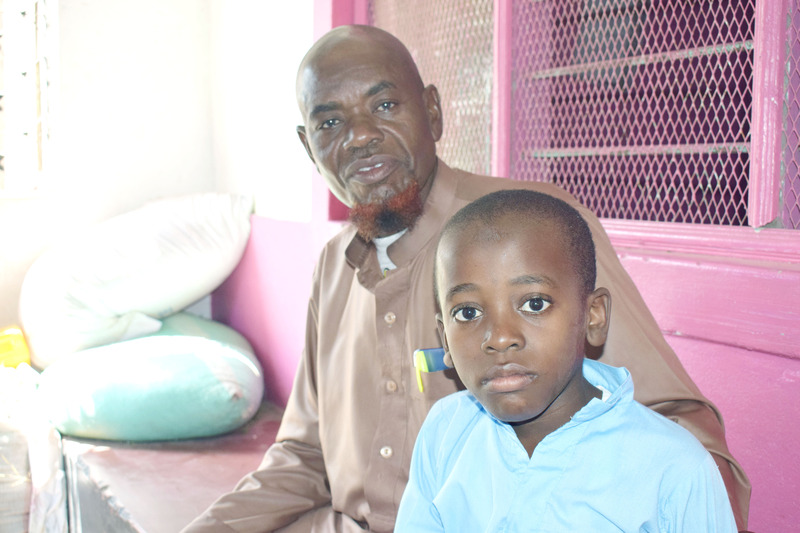
With two children dying from similar symptoms, Marjan's parents were wrongly accused of sacrificing them for money through witchcraft
Despite their age difference, Marjan Idris, an 18-year-old student, and Noah Naluande, a 52-year-old founder of the Sickle Cell Foundation of Kenya, share a common mission: eradicate stigma and discrimination against sickle cell patients at the Coast.
Their journey has touched the lives of hundreds of sickle cell patients along the Coast, highlighting the challenges and victories in their battle against this inherited blood disorder.
Marjan, who has endured sickle cell disease for 17 years, recounted the hardships he and his family faced, intensified by societal misconceptions.
"We were six siblings, three boys and three girls, but my two brothers passed away before the age of 10. When I started falling sick, rumours spread, and neighbours accused my parents of witchcraft," Marjan said when he spoke to The Eastleigh Voice.
From the tender age of four years, Marjan's road to identifying what ailed him was filled with misdiagnoses.
"Doctors often mistook my symptoms for malaria due to recurring high fevers," he said.
It was only after a visit to Mewa Hospital in Mombasa and subsequent tests that his condition was correctly identified.
"The news devastated my parents, having lost my brothers to similar symptoms. We later learned I inherited the disease from them," he said.
Living with sickle cell presents daily challenges for Marjan — from missing school during crises to enduring social stigma.
"People's ignorance hurts more than the disease itself. I have faced rejection and hurtful rumours. My parents were branded witches who were allegedly killing their children for money," Marjan said.
Determined to change the misconceptions, Marjan began awareness campaigns in his community and school, eventually forming an association for sickle cell patients and their families in Likoni.
He stressed that government support is crucial, advocating for accessible screening and opening treatment centres closer to the people.
"Traveling to Kilifi for treatment is costly and burdensome for many parents. Many families are grappling with financial instability, a challenge that makes many children lose their lives," he said.
Noah Naluande, who has battled sickle cell disease for half a century, echoes Marjan's call for society’s awareness.
"Despite affecting 18 to 25 per cent of the population, there is a widespread ignorance about sickle cell disease," said Naluande, a lab technician.
He told The Eastleigh Voice that in 1994, he established his centre to provide psycho-social support and educate communities on managing the disease's challenges.
"Our clinics partner with local paediatricians to offer vital services and guidance to affected families," he said.
He said that with many mothers facing stigma, there is a need for broader education, adding that his centre plays a crucial role in empowering families through knowledge and support.
Dr Wilfred Masoso, who works with Kemri in Kilifi county, said sickle cell disease is prevalent in Coast, Nyanza, and western regions of Kenya. He explained that the disease is hereditary and affects oxygen transport in red blood cells.
Early signs are swelling of the limbs, fatigue, and jaundice, underscoring the disease's potential for severe complications if untreated.
"Currently, blood and bone marrow transplants offer a cure, but they are inaccessible to most people due to cost and limited facilities," said Masoso.
He called for increased awareness and government investment in comprehensive care facilities to alleviate the burden on affected families.
Marjan’s and Naluande's advocacy has raised awareness and fostered hope among sickle cell patients and their families in Mombasa, Kwale, and Kilifi.
Their united efforts underscore a pressing need for societal change and government intervention to ensure equitable access to healthcare for all affected by sickle cell disease.
"Our fight is not just against a disease, but against ignorance and prejudice. Every child deserves a chance to live without fear or discrimination," said Marjan.
The two are driven by a shared vision of a Kenya where sickle cell patients receive compassion, support, and the quality healthcare they deserve.
Top Stories Today

